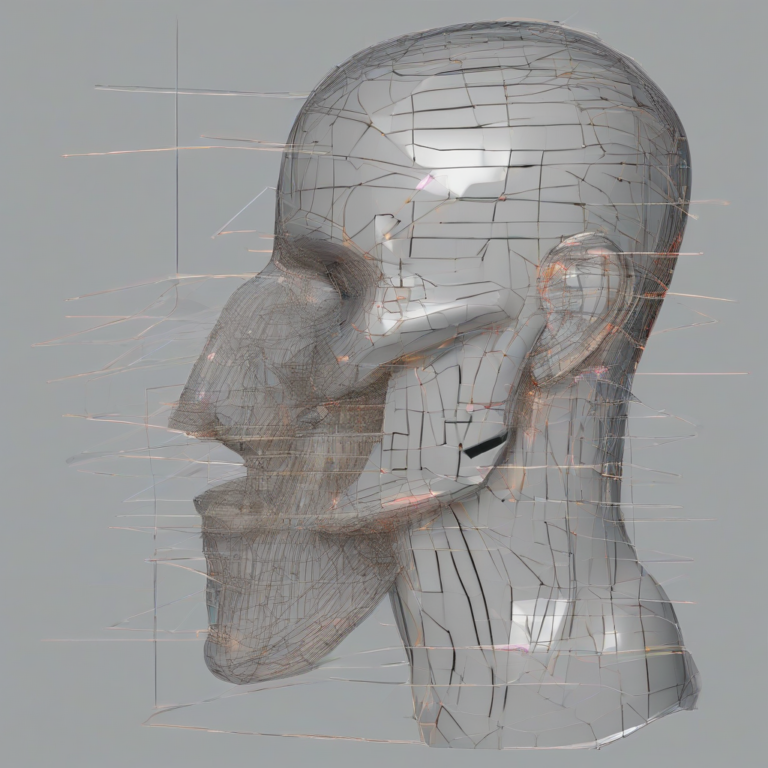Credit Card Consolidation Loans: Your Path to Debt Relief
Credit Card Consolidation Loans: Your Path to Debt Relief
Are you drowning in credit card debt? Feeling overwhelmed by minimum payments, high interest rates, and the constant pressure of mounting balances? You’re not alone. Millions of Americans struggle with credit card debt, but there’s hope. A credit card consolidation loan can be a powerful tool to simplify your finances, lower your monthly payments, and ultimately, pave the way to becoming debt-free.
What is a Credit Card Consolidation Loan?
A credit card consolidation loan is a personal loan you take out to pay off multiple credit card balances. Essentially, you borrow a lump sum of money to cover all your outstanding credit card debt. Once the loan is disbursed, you use the funds to pay off your credit cards, leaving you with just one monthly payment to the lender who provided the consolidation loan.
- Simplified Payments: Instead of juggling multiple minimum payments, you’ll only have one monthly payment to manage.
- Potentially Lower Interest Rate: If you secure a consolidation loan with a lower interest rate than your existing credit cards, you’ll save money on interest charges over time.
- Improved Credit Score (Potentially): Consolidation can improve your credit score if you manage the loan responsibly. Paying down your debt and reducing your credit utilization ratio can have a positive impact.
- Debt Management Strategy: It provides a structured approach to paying off debt, making it easier to track progress and stay on track.
How Does a Credit Card Consolidation Loan Work?
The process typically involves these steps:
- Check Your Credit Score: Understanding your credit score is crucial. A higher score will qualify you for better interest rates and loan terms.
- Shop Around for Lenders: Compare interest rates, fees, and loan terms from various lenders, including banks, credit unions, and online lenders.
- Apply for a Loan: Complete the loan application process, providing necessary documentation such as proof of income and identification.
- Loan Approval and Disbursement: Once approved, the lender will disburse the loan funds to your account.
- Pay Off Credit Cards: Use the loan funds to pay off your existing credit card balances in full.
- Make Monthly Payments: Make timely monthly payments to the lender according to the agreed-upon repayment schedule.
Types of Credit Card Consolidation Loans
Several types of loans can be used for credit card consolidation:
- Personal Loans: These are unsecured loans, meaning they don’t require collateral. Interest rates vary based on creditworthiness.
- Balance Transfer Credit Cards: These cards offer a 0% introductory APR for a specific period, allowing you to transfer your balances and pay them off interest-free during that time. However, be mindful of balance transfer fees and the APR after the introductory period expires.
- Home Equity Loans or Lines of Credit (HELOCs): These use your home’s equity as collateral. They typically offer lower interest rates than personal loans but carry the risk of foreclosure if you default.
Benefits of Credit Card Consolidation Loans
- Lower Monthly Payments: Consolidating your debt into a loan with a longer repayment term can result in lower monthly payments, making it easier to manage your finances.
- Simplified Budgeting: Instead of tracking multiple payments, you only need to manage one, making budgeting simpler and more manageable.
- Reduced Interest Charges (Potentially): A lower interest rate on your consolidation loan can save you significant money on interest over the life of the loan.
- Improved Credit Score (Potentially): Responsible management of your consolidation loan can positively impact your credit score.
- Peace of Mind: Having a clear plan to manage your debt can reduce stress and provide peace of mind.
Disadvantages of Credit Card Consolidation Loans
- Higher Total Interest Paid (Potentially): While monthly payments might decrease, extending the repayment period can lead to paying more in total interest over the long run.
- Risk of Default: Failure to make timely payments can result in negative consequences, including damage to your credit score and potential legal action.
- Fees: Some loans have origination fees, application fees, or prepayment penalties.
- Collateral Risk (for secured loans): Secured loans, such as home equity loans, put your collateral at risk if you default on the loan.
- Temporary Solution: Consolidation is a tool to manage existing debt but doesn’t address the underlying spending habits that led to the debt. Addressing those habits is essential for long-term financial health.
Choosing the Right Consolidation Loan
Choosing the right consolidation loan requires careful consideration of your financial situation. Factors to consider include:
- Your Credit Score: A higher credit score qualifies you for better interest rates and loan terms.
- Amount of Debt: Determine the total amount of credit card debt you need to consolidate.
- Interest Rates: Compare interest rates from different lenders to find the best deal.
- Loan Terms: Consider the loan’s repayment period and the impact on your monthly budget.
- Fees: Be aware of any associated fees, such as origination fees or prepayment penalties.
- Lender Reputation: Choose a reputable lender with a good track record.
Alternatives to Credit Card Consolidation Loans
While credit card consolidation loans can be beneficial, other options exist:
- Debt Management Plan (DMP): A DMP is a program offered by credit counseling agencies that helps you negotiate lower interest rates and create a manageable repayment plan.
- Debt Settlement: This involves negotiating with creditors to settle your debt for a lower amount than you owe. However, it can negatively impact your credit score.
- Bankruptcy: This is a legal process that can eliminate some or all of your debt, but it has serious long-term consequences for your credit score and financial standing.
Improving Your Financial Health After Consolidation
Successfully consolidating your debt is just the first step. To avoid future debt accumulation, consider these steps:
- Create a Budget: Track your income and expenses to identify areas where you can save money.
- Reduce Spending: Cut back on unnecessary expenses to free up more money for debt repayment.
- Build an Emergency Fund: Having an emergency fund can prevent you from resorting to credit cards during unexpected financial emergencies.
- Improve Your Credit Score: Make timely payments on your consolidation loan and other debts to improve your creditworthiness.
- Seek Financial Counseling: A financial counselor can provide guidance and support in managing your finances.
Credit card consolidation loans can be a valuable tool for managing and reducing credit card debt. However, careful planning and responsible management are crucial for success. By understanding the pros and cons, choosing the right loan, and adopting sound financial habits, you can take control of your finances and achieve long-term financial well-being.






